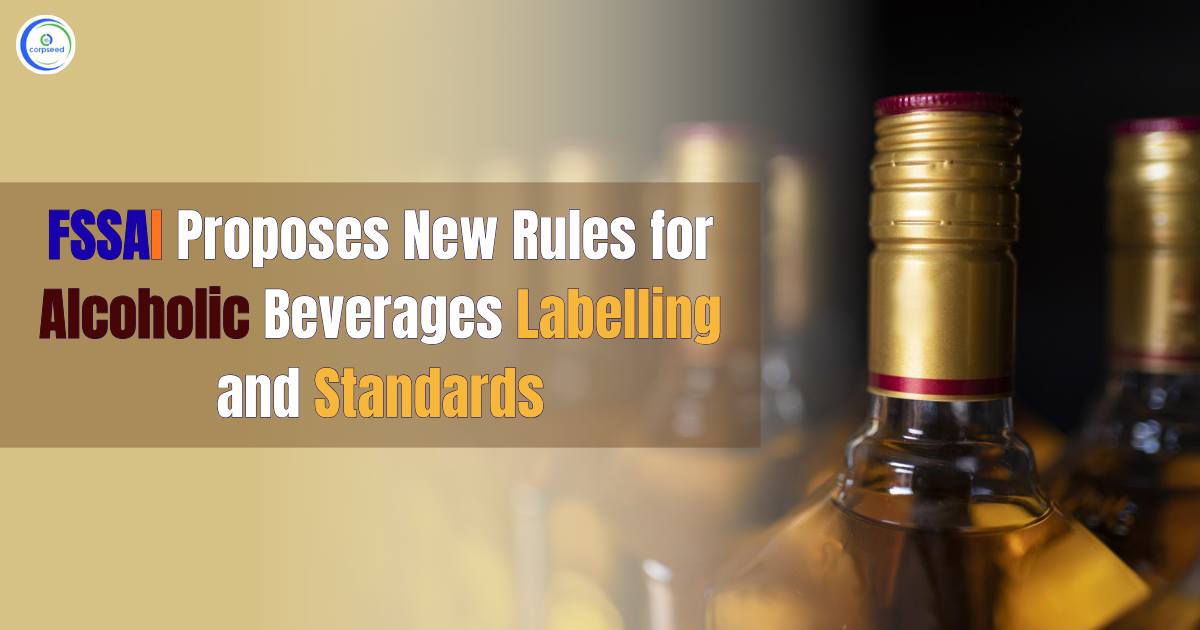The Food Safety and Standards Authority of India (FSSAI) issued a new draft to change the rules for alcoholic drinks under the Food Safety and Standards (Alcoholic Beverages) Regulations, 2018. This update aims to make the rules clear, simple, and the same for everyone selling alcoholic beverages in India. People and companies can share their suggestions or opinions within 60 days from the date the notice appears in the Official Gazette.
Table of Contents
Key Amendments in the Draft
Under the proposed Food Safety and Standards (Alcoholic Beverages) Amendment Regulations, 2025, FSSAI has introduced three key changes:
- Sparkling Wine Standards Revised: The term “Brut” under sparkling wine now includes a sugar content limit of below 1.2%, with a tolerance of 0.3%. This ensures greater accuracy and standardization in wine classification.
- Change in Wine-Based Beverages Definition: The phrase “or special wine used” will be deleted from wine-based beverage regulations. This aims to simplify terminology and avoid confusion in product descriptions.
- Labelling of Standard Drink Made Mandatory: A major change replaces the word “may” with “shall” in labelling requirements. This means the labelling of the standard drink quantity on alcoholic beverages is now mandatory. This step ensures better consumer awareness and transparency.
Purpose and Public Feedback
The amendment strengthens compliance under the Food Safety and Standards Act, 2006 and aligns Indian beverage labelling with international norms. Stakeholders can send suggestions or objections to the Chief Executive Officer, FSSAI, within the given period.
Ensuring Consumer Safety and Clarity
The FSSAI draft amendment 2025 shows the authority's strong focus on keeping food and drinks safe and well labelled. After the new rules are approved, all alcoholic drinks will follow the same clear standards. This will help make products safer, easier to understand, and better for everyone who buys them.
This portion of the site is for informational purposes only. The content is not legal advice. The statements and opinions are the expression of author, not corpseed, and have not been evaluated by corpseed for accuracy, completeness, or changes in the law.

